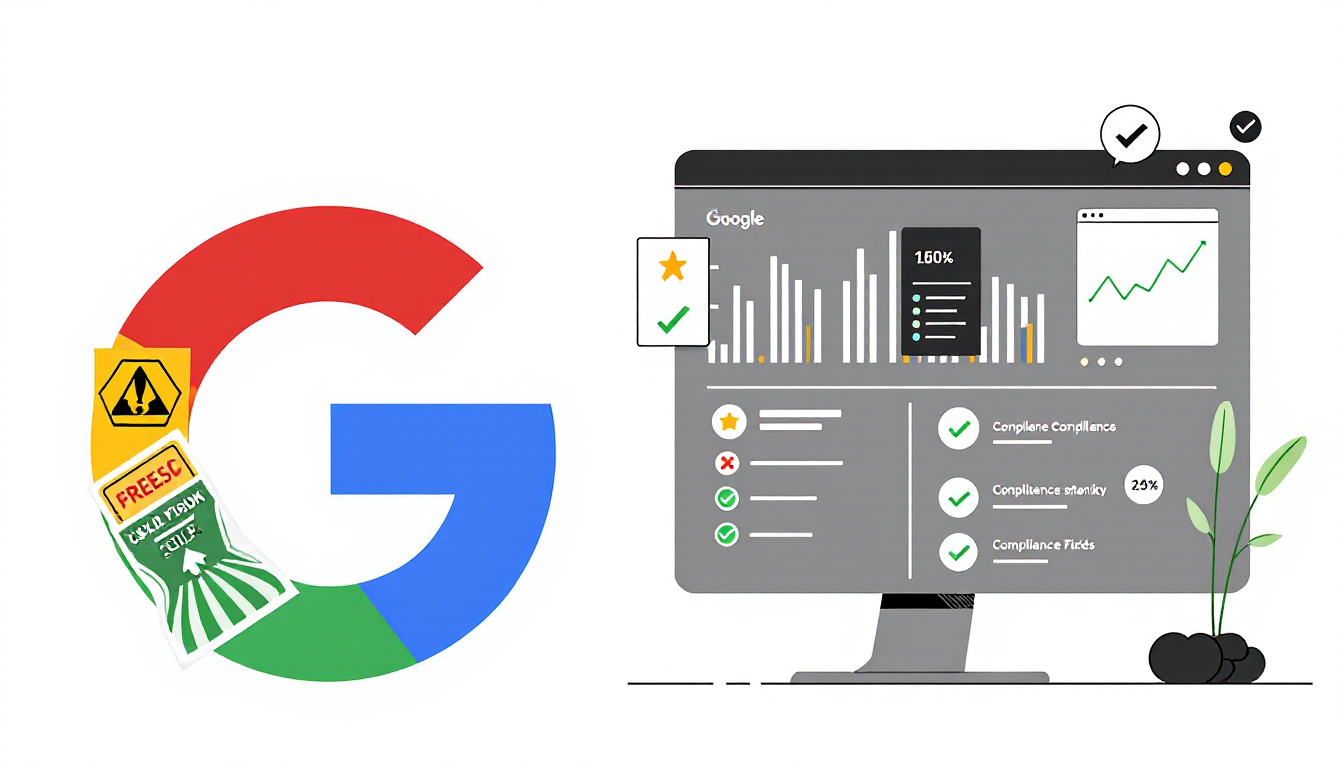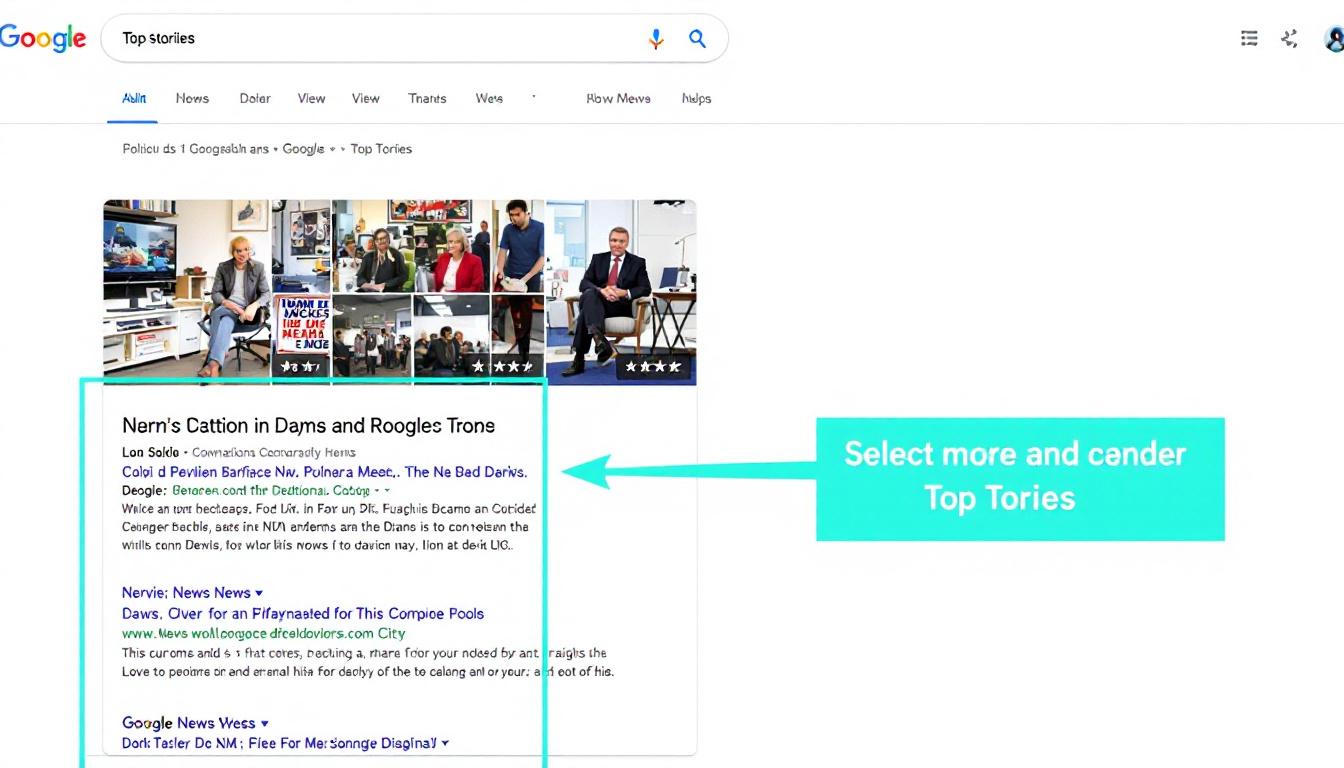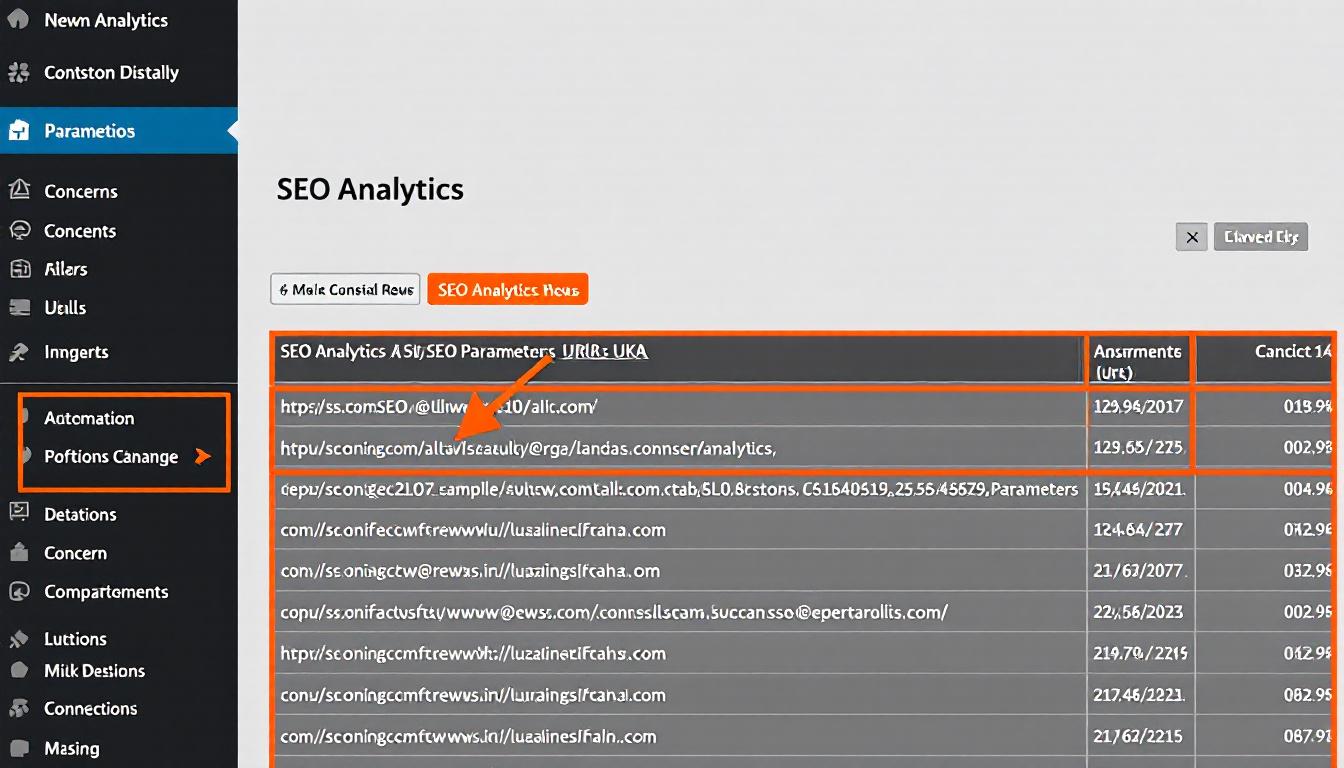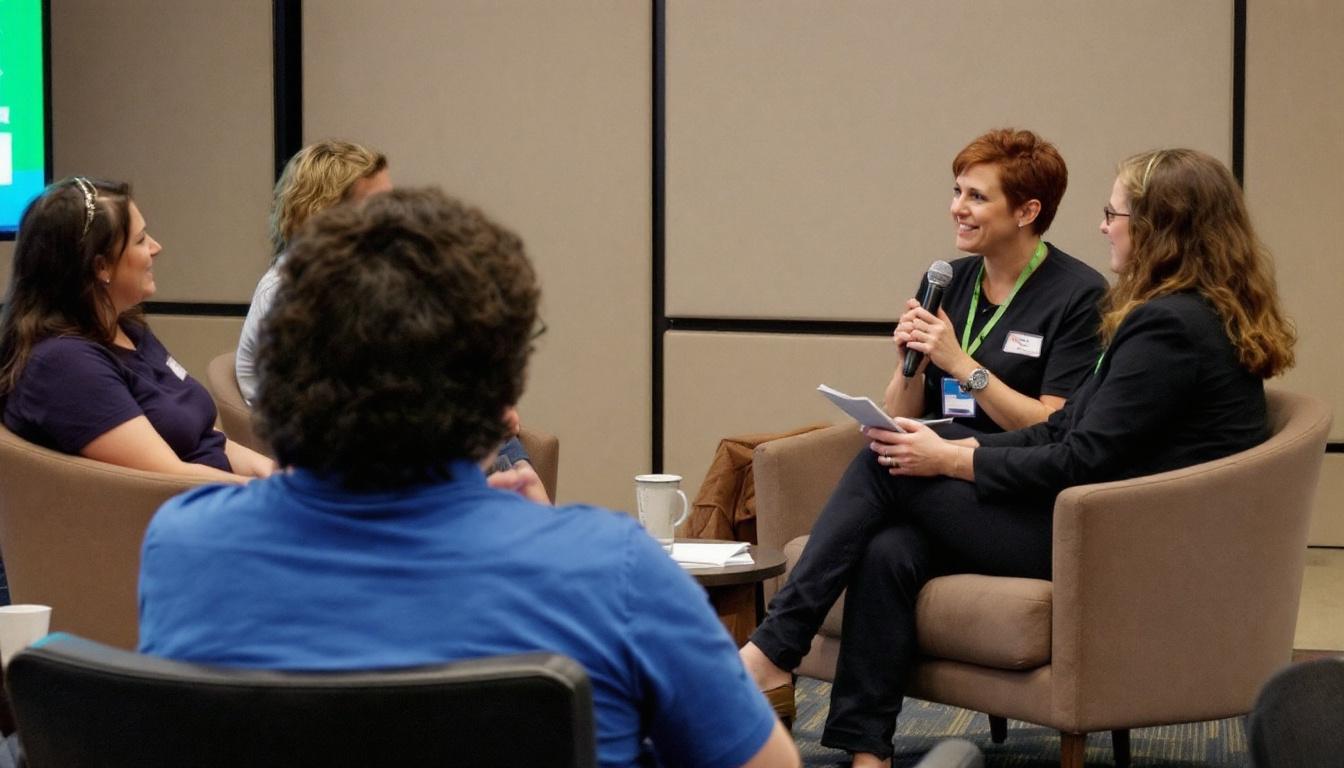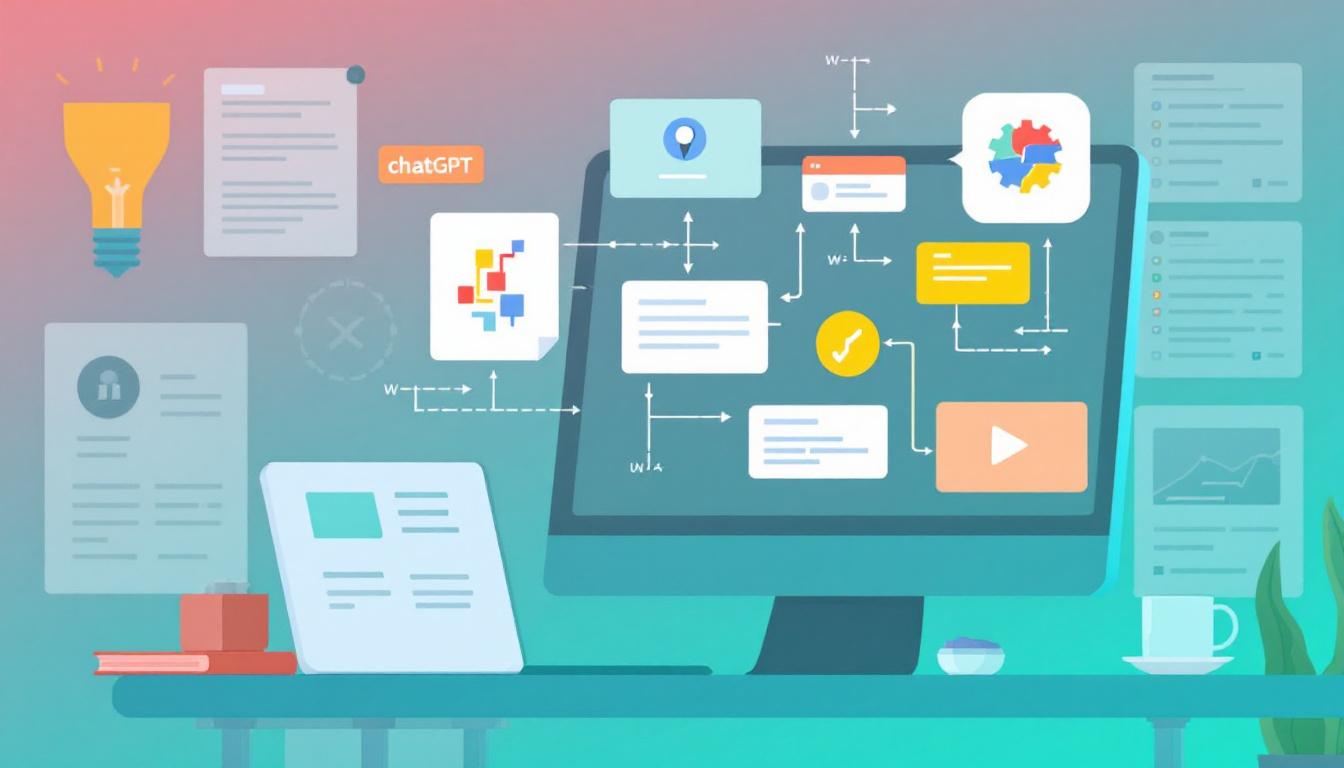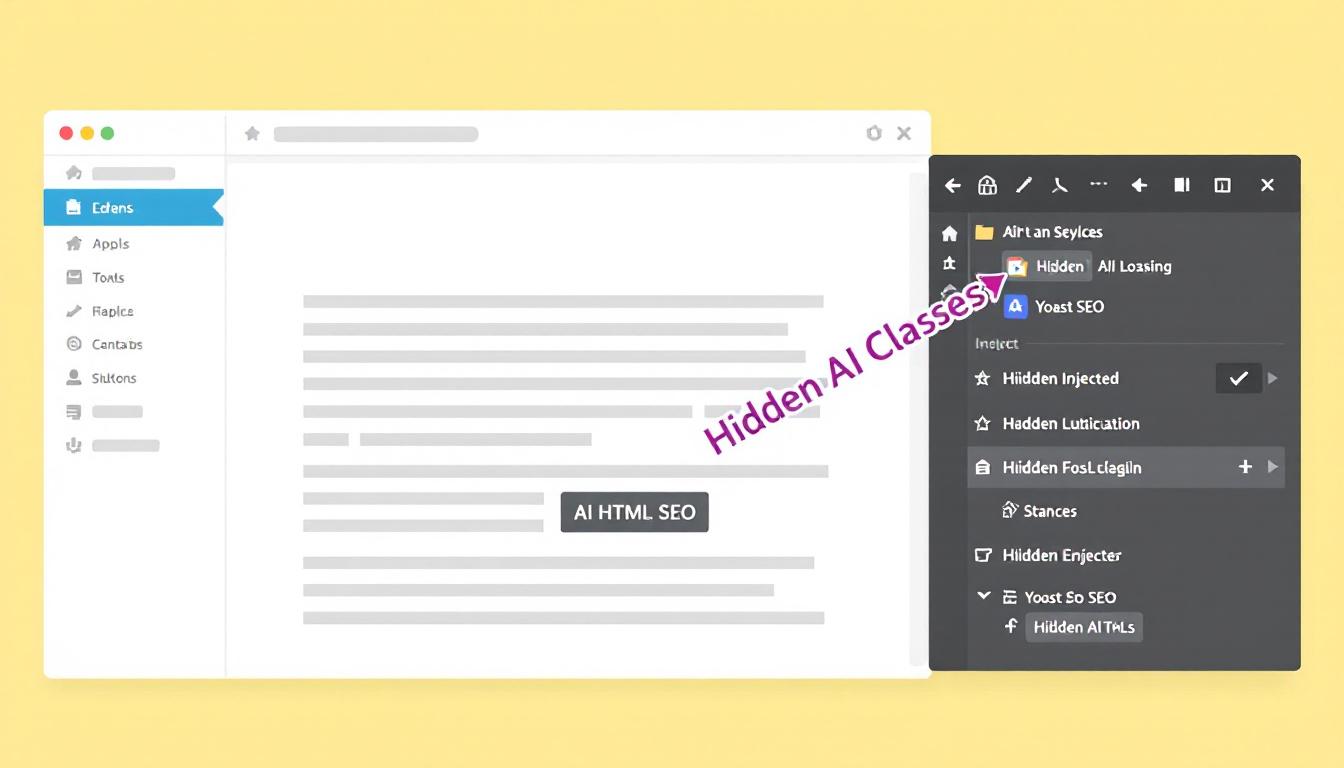Google has introduced a new FAQ to shed light on its site reputation abuse policies, providing detailed guidelines for managing third-party content and outlining steps for publishers to recover from potential penalties.
Hostinger
Hostinger's managed cloud hosting delivers four times the speed and twenty times the resources of conventional web hosting.
This update aims to offer clarity and support to publishers navigating the complexities of maintaining their site’s integrity.
Clarifying Third-Party Content Policies
Understanding Google’s stance on third-party content is essential for publishers to maintain compliance and avoid unintentional violations.
What Constitutes Third-Party Content
Google defines third-party content to help publishers identify the boundaries of allowable content.
Third-party content is described by Google as “content created by a separate entity than the host site,” which encompasses contributions from users, freelance writers, white-label services, and external content creators not directly employed by the host.
This definition is pivotal for publishers utilizing diverse content sources to ensure they remain within policy guidelines. Google emphasizes that simply including third-party content does not breach the site reputation abuse policy.
The violation occurs only when such content is used strategically to manipulate the site’s search rankings by leveraging the host site’s existing ranking signals.
Effective Recovery Strategies: Dos and Don’ts
For publishers facing manual actions, Google provides clear instructions on how to address and rectify issues related to site reputation abuse.
Actions to Avoid
Certain approaches can worsen the situation, leading to more stringent penalties from Google.
Publishers should refrain from moving content to subdirectories or subdomains, as this does not address the root problem and may be perceived as an attempt to bypass spam policies.
Additionally, redirecting penalized URLs or relocating content without thorough documentation can result in broader actions against the site.
Recommended Steps
Adopting the right strategies ensures a more effective recovery from manual actions imposed by Google.
Google advises moving content to new domains that lack an established reputation, implementing “noindex” tags, submitting detailed reconsideration requests, and using the “nofollow” attribute for any necessary cross-linking.
These steps help demonstrate compliance and facilitate the restoration of the site’s standing in search results.
Affiliate Content Exempt from Policy
Publishers using affiliate links will find reassurance in Google’s clarification regarding the treatment of such content.
Google has confirmed that affiliate content is not subject to the site reputation abuse policy, provided that affiliate links are properly marked.
This allows publishers to continue monetizing through legitimate affiliate programs without conflicting with Google’s guidelines.
Technical Guidelines for Compliance
Google outlines specific technical measures that websites under manual action must follow to address site reputation issues effectively.
Steps to Address Manual Actions
Complying with these technical requirements is crucial for publishers aiming to recover their site’s reputation.
Simply adding a “noindex” tag is insufficient to remove penalties. Publishers must submit reconsideration requests through Search Console and meticulously document all corrective actions taken.
Additionally, when linking from the old site to a new one, it’s important to apply the “nofollow” attribute to those links to maintain compliance.
The Bottom Line
Google’s updated FAQ provides valuable insights and clear guidelines for publishers to manage third-party content and recover from site reputation issues.
By following these instructions, publishers can ensure their sites remain compliant and maintain their standing in search results.
